In 2019, Kazakhstan faced a historical moment with the change of leadership after a 28 years period. The new presidency of Kassym-Jomart Tokayev had to vitalise the relationship between the government and the people, and reforms were the most progressive way to achieve that.
Since the first day in the office President Tokayev is changing the shape of political landscape of Kazakhstan and the country saw an accelerated effort to execute reforms in all parts of the government and society.
These reforms were based on fundamental principles, one was to continue the political course of the first President, Nursultan Nazarbayev, while preserving the nation’s achievements. It also aimed at protecting the right of all citizens regardless of any ethnic or religious affiliations, and the equality of opportunity.
The ultimate goal of the reforms was to construct change in the Kazakh society and lead Kazakhstan to be one of the developed countries in the world as it is marking the 30th Anniversary of its Independence this year.
Also Read: UN Experts Warn Right Violations in Kashmir by Indian Authorities
The National Council of Public Trust
In 2019, Kazakhstan announced the establishment of the National Council of Public Trust (NCPT). This government body is responsible to propose changes and ideas to the state policy based on discussions with the representatives of the public.
Since the inception, NCPT became responsible for many roles like having regular meetings chaired by the President and working groups to develop recommendations on different issues.
Last year, the NCPT had 13 meetings and discussions on the most important issues in the country, to implement policies that can change and improve the life of citizens.
Also Read: At Least Nine Children and One Woman Killed in Pakistani Airstrike on Afghanistan
Political Reforms
Since coming to power, the Kazakh President announced many reforms in the political field. These reforms were announced in separate packages and initiatives from the end of 2019 until 2021.
The reforms announced by Tokayev could change the political and social map of the country, as it included a law on the procedure of organising and holding peaceful assemblies.
President also announced amendments to the constitutional law of elections to allocate a 30% quota for women and youth representatives on electoral party lists. There were also other vital reforms on the law for political parties by reducing the number of members required to establish a political party from 40,000 to 20,000 members.
Also Read: Pakistan Condemns Israeli Settler Attacks in West Bank, Al-Aqsa Storming
In 2020, the Kazakh President announced that Kazakhstan is working on a new concept for the development of local self-government, with expansion of property rights and increase to the budgets of rural districts, all while allowing stronger control over the process of approving local budgets.
Tokayev adopted new measures to protect human rights, protect children against cyberbullying by joining the Convention on the Rights of the Child on a Communications Procedure.
He worked on improving the national legislation to combat torture in line with the Convention against Torture and Other Cruel, Inhuman, or Degrading Treatment or Punishment.
In terms of parliamentary activity, President proposed to reduce the threshold for political parties to enter the Parliament (Lower Chamber – Majilis) from 7% to 5%, and to introduce the “None of the above” option for elections on all levels.
Also Read: China Criticizes US-Drafted UN Gaza Resolution as Vague, Abstains from Vote
The economic measures combine a focus on supporting various groups of Kazakhstan’s society in the context of the pandemic and improving the situation and the mechanisms that ensure this in the relevant areas.
The reforms included Improving Taxation, Land-Use, and Foreign Labour. This was displayed through the imposition of a moratorium on the creation of new state-owned companies and quasi-public sector entities to reduce state participation in business activities and create conditions for the development of the private sector.
Kazakhstan also announced the tax exemptions of micro and small business entities and the introduction of a ban on their inspections by authorized state bodies for three years commencing from 2020.
Also Read: Former Bangladesh PM Sheikh Hasina Sentenced to Death
The government issued an order to postpone the introduction of mandatory payment by employers of a 5% contribution to the Unified Accumulative Pension Fund until 2023.
On top of that, the country announced a 40% reduction in the quota for attracting foreign labour. In 2020, this quota was 29,292 units, compared to 48,700 units in 2019.
The government announced the implementation of the new Support Instrument for Investors – a strategic investment agreement that provides land grants, concessional financing, partial guarantees, full-fledged export support mechanisms, etc.
In terms of business regulations, Kazakhstan announced the development of a new regulatory framework for small and medium-sized business activities aimed at changing the regulatory policy, including by prioritizing common sense and content over strict legal forms and state regulation to protect the health of citizens and the environment.
Also Read: Pakistan Declares State of War After Car Bomb Incident
In 2019, Tokayev’s government announced new measures to reduce the debt burden of citizens in the country, as the government and the National bank repaid the debts on loans for low-income citizens in second-tier banks and microfinance organisations.
Those measures included 629,000 citizens, including big families, and families with disabled children and orphans, and families that lost the sole breadwinner.
In the beginning of 2021, Kazakhstan announced many amendments and proposals to various legislative acts on the restoration of economic growth in Kazakhstan, to provide an opportunity for citizens who want to use their pension savings to improve their housing areas or pay for healthcare.
Also Read: Jakarta Hosts Gala Dinner for World Peace Forum Delegates
According to an official statement from the President of Kazakhstan, more than 700,000 depositors of the Unified Accumulative Pension Fund can use this right.
Tokayev introduces reforms in the healthcare sector too, as his government issued orders to create the unified digital healthcare space to include 90% of medical organisations in the country. It will also introduce electronic health passports.(AK/R1/RE1)
Mi’raj News Agency (MINA)
Also Read: Indonesian Minister Urges Synergy Between Wasathiyah Islam and Chinese Wisdom





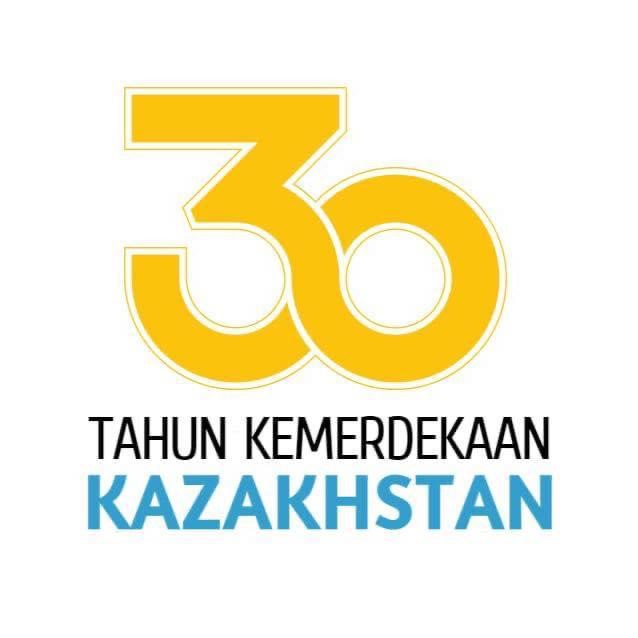









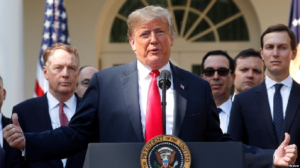
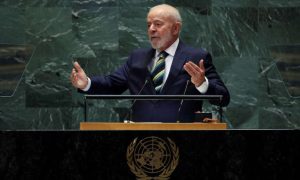
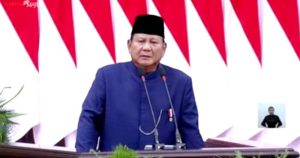
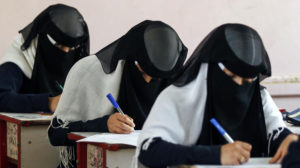










 Mina Indonesia
Mina Indonesia Mina Arabic
Mina Arabic